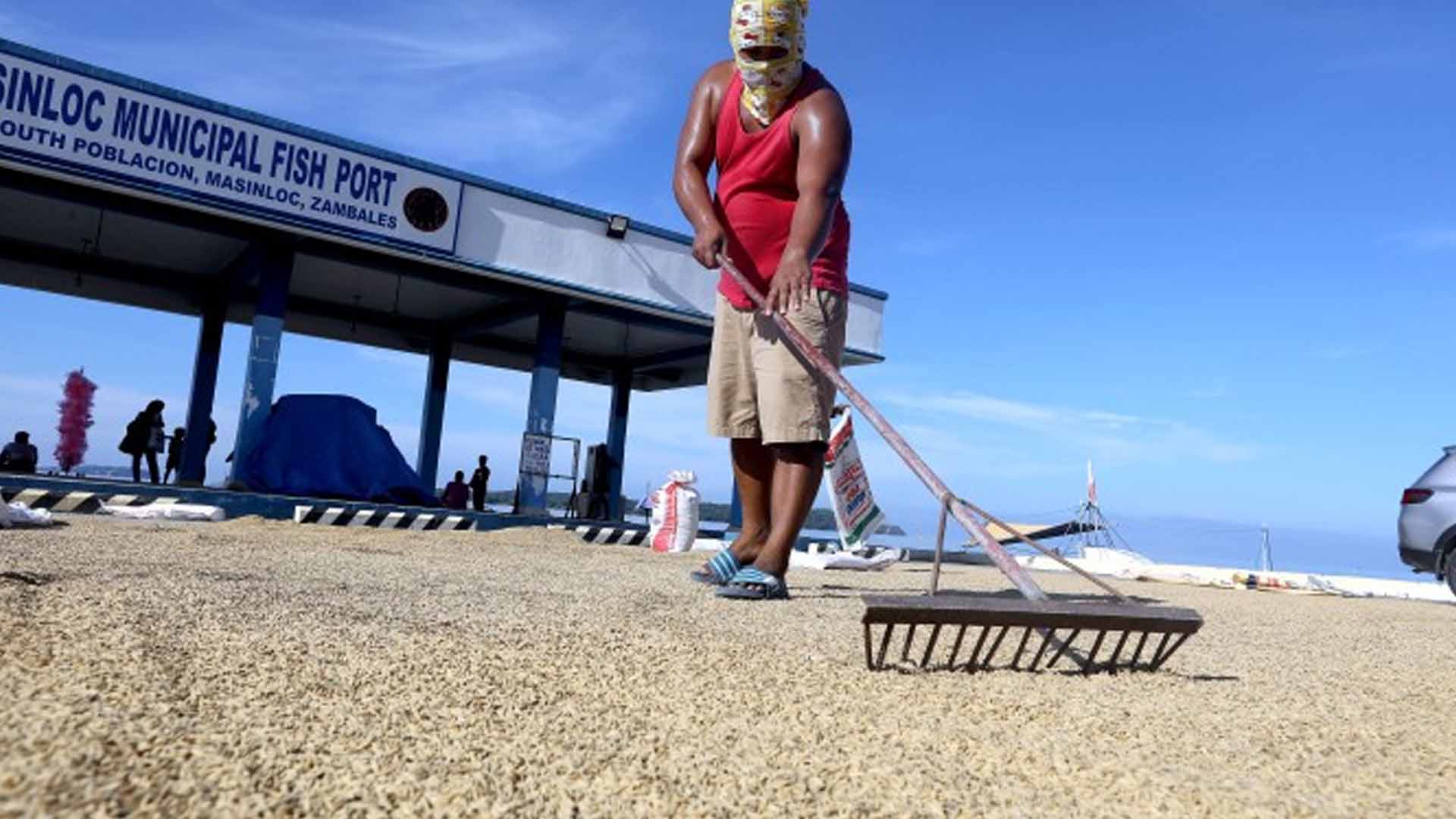A total of 44,719 farmers who are tilling up to two hectares of farmlands have received cash assistance from the Department of Agriculture (DA) before the year ends.
Each of them has received PHP5,000 unconditional cash assistance pledged by President Ferdinand R. Marcos Jr. under the PHP12-billion Rice Farmers Financial Assistance (RFFA) program.
The DA tapped the Development Bank of the Philippines (DBP) to distribute these unconditional cash grants which the beneficiaries can use for daily subsistence and personal needs.
The DBP engaged the Universal Storefront Services Corporation (USSC) to use its over 850 stores nationwide, the ATMs owned by other banks, and other non-bank entities under BancNet for the fund distribution.
According to USSC, around 499,381 farmers of the 2.38 million target beneficiaries have been enlisted this year under the RFFA program.
USSC branches chief Jonathan Relucio said the regions with the highest withdrawals of RFFA grants include the Cordillera Administrative Region, Caraga and Mimaropa.
“We expect more disbursement files and letters of instruction to come in from the Department of Agriculture regional offices,” he added.
To help farmers cope with the increasing cost of production and sustain their productivity, especially with the impacts of El Niño, Marcos approved the release of the PHP12-billion financial package to rice farmer beneficiaries.
The RFFA is an unconditional financial assistance to farmers funded by excess tariff collection from rice importations in 2022 worth PHP12 billion.
The 2023 RFFA beneficiaries include farmers that registered in the Registry System for Basic Sectors in Agriculture as of June 30, 2023.
El Niño impact mitigation
Under the leadership of Agriculture Secretary Francisco Tiu-Laurel Jr. who was appointed in November, the DA together with other agencies comprising the Interagency Task force on El Niño, implemented measures against the expected impact of dry spell on food production.
These include repair and rehabilitation of irrigation canals, cloud-seeding, dispersal of farm animals and provision of alternative livelihood to farmers and fishermen, implementation of low-water use technology for rice farming and quick-turnaround strategy.
Out of the 843 kilometers of target irrigation canals, around 740 kilometers have been improved and constructed as of November.
Meanwhile, 40 units of small-scale irrigation systems covering 1,477.5 hectares have been repaired and rehabilitated to distribute water more effectively and efficiently.
The PHP112 million worth of cloud-seeding operations and a total of 56,169 animals for farmers are expected to be distributed in the coming months.
Around 17,660 hectares of rice fields have also been targeted for the implementation of the quick-turnaround strategy, wherein all rice farmers will immediately replant rice without waiting for months to take advantage of the remaining moisture in the soil.
Agri equipment re-fleeting program
To intensify local irrigation and agricultural systems, around PHP776 million worth of excavators have been distributed to various irrigators’ associations nationwide by the National Irrigation Administration.
A total of 141 excavators were procured under the first tranche of its three-year equipment re-fleeting program.
Aside from augmenting the country’s inventory of machines and resources, the program aims to undertake and intensify the regular operation and maintenance of national irrigation systems.
It also aims to immediately repair or construct irrigation facilities damaged by natural disasters.
Its total budget is PHP2.59 billion, including over PHP782 million dedicated to the purchase of 138 excavators of various models, 28 dump trucks, and 17 truck tractors with trailer for the implementation of the second tranche.
Meanwhile, the third and final tranche will entail the procurement of various types of heavy equipment with a funding of more than PHP1.03 billion.
Private sector support
Since his assumption, Tiu-Laurel has emphasized the assistance that private sector partners could provide for the national government in policy and project monitoring.
“Sound policy recommendations, which prompt people’s participation and assurance of sustainable development, are key factors in maintaining a functional and holistic approach to dealing with the sector’s challenges,” he said.
He added that the collaboration of government and the private sector is crucial in building a sustainable set of option for the future of agriculture and fisheries. (PNA)








